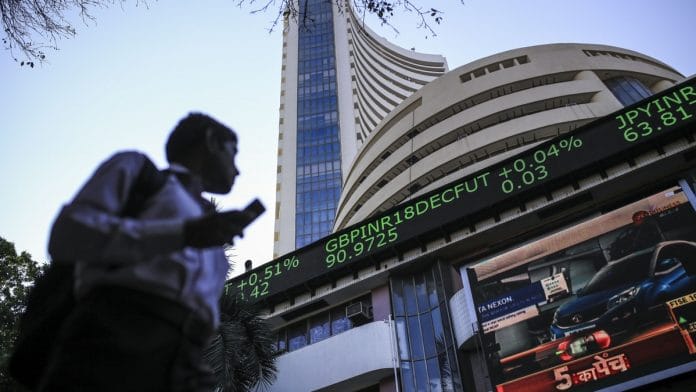Mumbai: A year after a rare default in India’s credit market led to its mini-Lehman moment, several shadow banks in the country, its oldest surviving private airline and the parent company of its biggest television broadcaster are still reeling.
The fear which erased more than Rs 1 trillion ($14.4 billion) in market capitalization of the 11 worst-hit firms is refusing to ebb.
A custom index of shares of these 11 companies — ranging from Dewan Housing Finance Corp. to Reliance Capital Ltd. — has slumped 54% since June compared with the S&P BSE Sensex’s 12% advance.
Risk aversion in the credit market that followed the collapse of Infrastructure Leasing & Financial Services Ltd. roared back this month after Dewan Housing’s rating was cut to default. Many of these junk-rated borrowers have turned untouchable in credit markets curtailing their ability to refinance outstanding bonds of Rs 2.03 trillion.
Money is not cheap for non-bank lenders outside this group of eleven either as financing costs surge. For instance, to issue a two-year paper even a top rated shadow lender has to pay a premium of 162 basis points over sovereign debt with a similar maturity. The spread has widened by 50 basis points in the last 12 months, according to data compiled by Bloomberg.
Rollover risks for outstanding borrowings are rising as these companies could only raise less than one-seventh of debt they did in the year before. Founders of most of these companies are selling businesses to tide over the crunch.
The impact of the credit crisis is spreading. Investors are scrutinizing Indian banks who have loan exposure to companies with stressed debt. Local asset managers such as HDFC Asset Management Co., which have holdings of some of these stressed debt papers, are facing the heat as the firms delay or default on payments.
Even as the cracks of the credit crunch spread far and wide, some investors are waiting to see if the government and the central bank will come up with enough measures to tide over it.Policy makers have taken steps to provide liquidity to the system.
Before this crisis is over, in all likelihood we will see “a number of companies going under or barely surviving by selling off their crown jewels,” said Andrew Holland, chief executive officer at Avendus Capital Ltd. in Mumbai. –Bloomberg
Also read: NCLTs, meant to resolve the bad debt mess in days, are understaffed and overburdened






